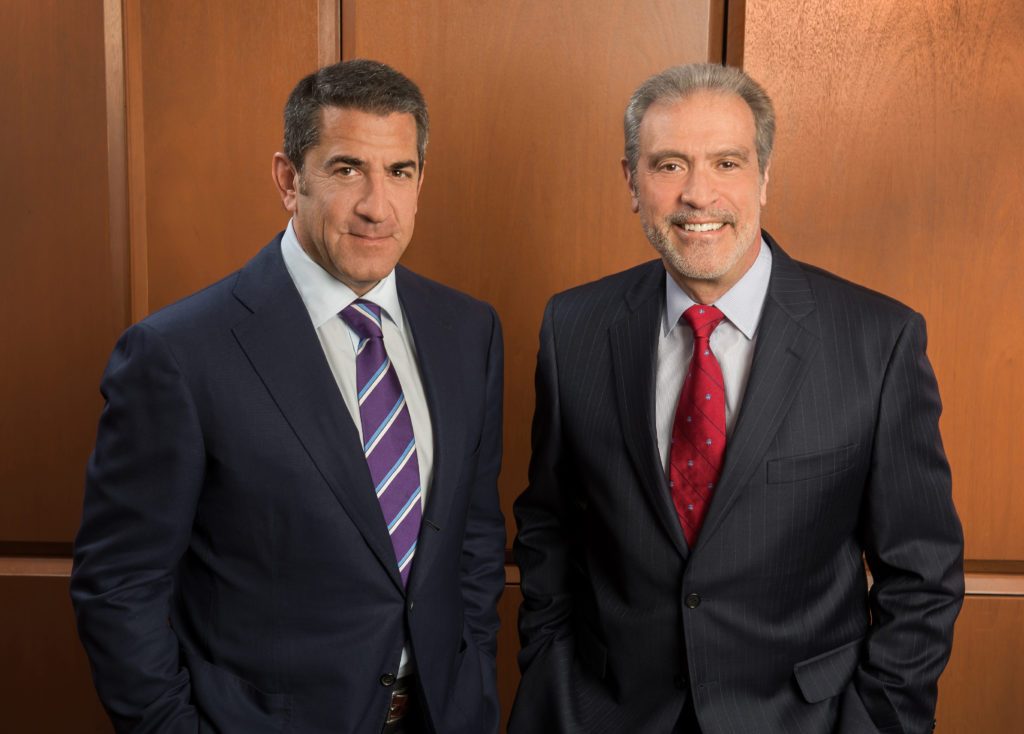As Florida motorists, we all understand the importance of maintaining car insurance on our vehicles. Although most of us hate paying our insurance bills, we also recognize that car insurance companies also provide their customers with the added service of looking out for insurance scams that often place innocent people at unnecessary risk of harm.
So-called “staged crashes” are examples of one of those schemes that holds the potential to cause death and injury to unsuspecting motorists. A typical staged crash is the “swoop and squat,” where a vehicle will swerve suddenly in front of you and then brake with little or no warning, causing you to crash into its rear end.
Another type of staged crash scam involves the use of “helpful bystanders”. These are people who will be placed strategically near the crash site and offer the victim certain advice. For example, these bystanders might suggest that a victim seek medical treatment at a particular facility or get their car repaired at a particular repair shop.
The Florida Highway Patrol, in conjunction with the National Insurance Crime Bureau, has begun training law enforcement officers on how to spot these potential fraud schemes. Fraudsters frequently employ the use of older junker cars that are also often filled with multiple passengers. Many of these accident “victims” will later seek extensive medical treatment even though the collision damage is usually minor.
As you can imagine, staged crashes can easily get out of hand. For example, you may react unpredictably in one of these collisions and swerve into other vehicles. In addition, your insurance company may decide to raise your rates as a result of a staged accident.
If you are a motorist who suspects that you may have been a victim of a staged accident, there are a few things you should know. Your Florida car accident attorney can help you to evaluate the circumstances of your case and determine whether a fraud has been committed against you. You should also know that you are entitled to sue those responsible for your accident for compensation of your injuries as well as any income you may have lost out on as a result of the crash.
Source: Florida Department of Highway Safety and Motor Vehicles, “Providing Highway Safety and Security through Excellence in Service, Education and Enforcement” accessed Jan. 20, 2015

